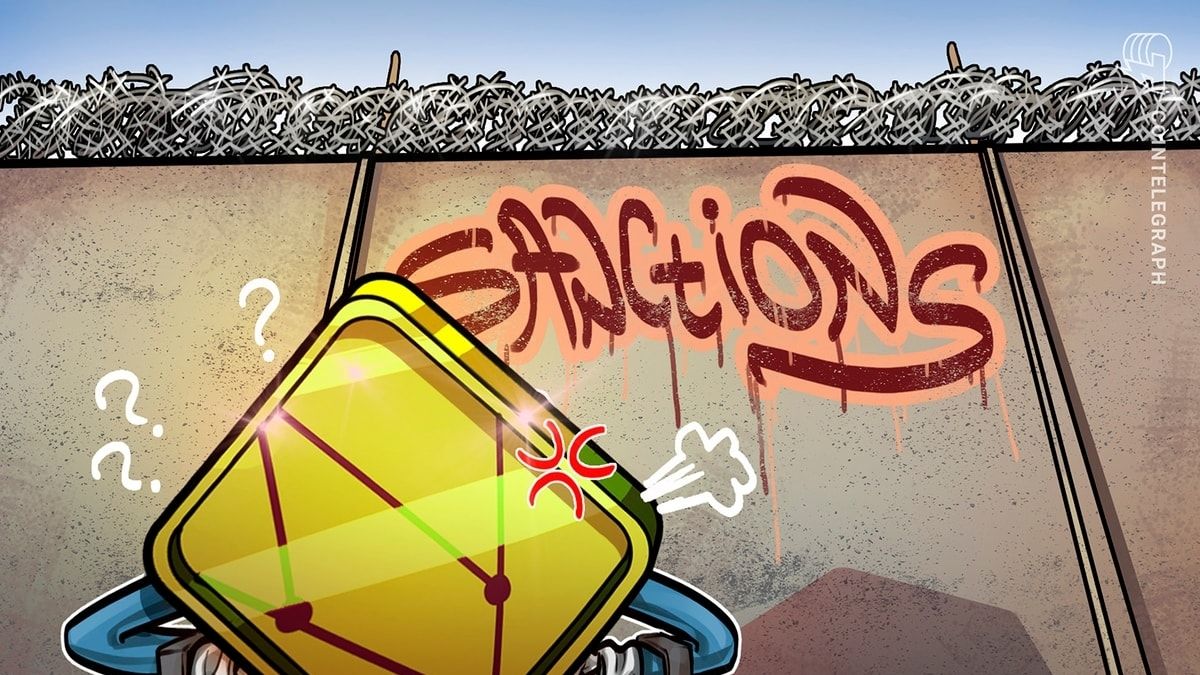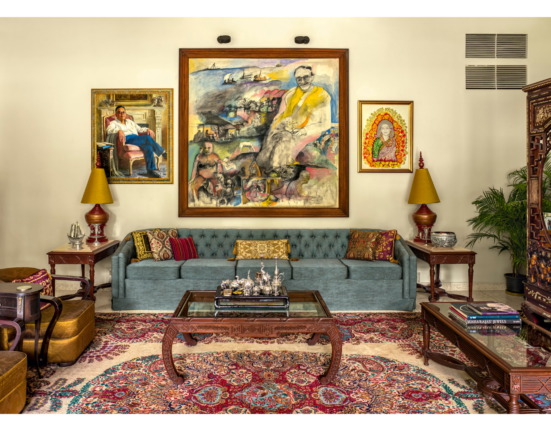OpenSea, a leading Non-fungible token (NFT) marketplace, has recently prohibited Cuban artists and collectors from participating in its platform, attributing the decision to compliance with US sanctions. A report by Artnet highlighted that 30 individuals have been affected, including notable figures such as Gabriel Guerra Bianchini and Fábrica de Arte Cubano. The move has sparked discussions regarding the decentralization of future web3 technologies and the broader implications for artists in sanctioned countries.
Repercussions of Sanctions on Digital Art Spaces
The implementation of US sanctions by OpenSea has not only left Cuban artists and collectors in limbo but has also raised crucial questions about the essence of decentralization in the digital art world. According to OpenSea’s policy, individuals from sanctioned jurisdictions are explicitly prohibited from using their services, extending this restriction to countries like Venezuela, Iran, and Syria, and now Cuba. This decision underscores the challenges faced by digital platforms in navigating compliance with international regulations while aspiring to maintain a decentralized ethos.
Instances like the blocking of NFT Cuba Art’s profile and the prohibition of Erich García Cruz’s and Gabriel Bianchini’s NFT collections shed light on the immediate impact on creators. These actions not only restrict their access to a global marketplace but also stifle their artistic expression and financial opportunities, highlighting a significant setback for cultural exchange and economic inclusivity in the digital realm.
Community Response and the Call for Decentralization
The crypto and NFT communities have voiced their discontent with OpenSea’s decision, emphasizing the need for truly decentralized platforms that transcend national boundaries and sanctions. The sentiment reflects a growing frustration with the centralized decision-making processes employed by platforms that are supposed to champion decentralized ideals. The outcry suggests a potential shift towards platforms that offer a more inclusive and unrestricted environment for creators and collectors alike, irrespective of their geographical or political context.
Furthermore, the situation with OpenSea and Cuban artists parallels broader geopolitical dynamics, such as the shutdown of cryptocurrency services for Russian clients following the EU’s sanctions. These instances highlight the intricate relationship between decentralized technologies and the geopolitical landscape, underscoring the challenges decentralized platforms face in achieving autonomy from traditional regulatory frameworks.
Looking Towards a Decentralized Future
As the debate over the true essence of decentralization continues, the actions taken by OpenSea against Cuban artists serve as a critical point of reflection for the NFT and wider web3 communities. It prompts a reevaluation of how decentralized platforms can truly operate independently of conventional regulatory and political constraints. While compliance with laws is necessary for operational legality, the pursuit of a truly decentralized space remains a paramount goal for many within the cryptocurrency and NFT spheres.
This incident not only highlights the limitations currently faced by digital platforms in achieving true decentralization but also sparks a broader dialogue on the potential pathways to inclusivity and freedom of expression in the digital age. As we move forward, the crypto and NFT communities are likely to explore and advocate for solutions that uphold the foundational principles of decentralization, challenging the status quo and reimagining the possibilities for creators and collectors worldwide.







